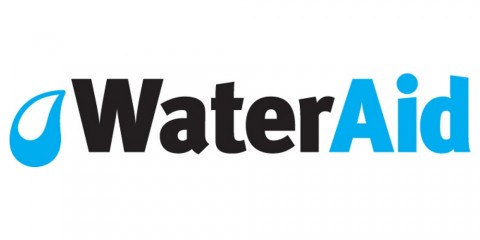Healthy Start: Global advocacy project on integration of WASH with Health and Nutrition for improved baby and child health
2015 - 2019 • WaterAid
Purpose
Advocating for access to water, sanitation, and hygiene promotion to be integrated into health policy and delivery locally, nationally and internationally
Activities
WaterAid’s four-year advocacy priority (2015-2019) focused on improving the health and nutrition of newborn babies and children. We are doing this by advocating for access to water, sanitation, and hygiene promotion to be integrated into health policy and delivery locally, nationally and internationally.
We are working with healthcare professionals and decision makers to act on evidence of the immense benefits of WASH for health (in health facilities and at home), and advocating for new and existing child health and nutrition policies and programmes to include and deliver WASH within a strengthened health system – without which,
improved health outcomes for children are not sustainable.
We are working closely with ministries including health, finance and education, healthcare professionals and associations, academics, global networks, civil society, community workers and groups on the frontline of efforts to improve health.
With our health and WASH sector allies we are identifying key child health strategies, plans, programmes and initiatives to advocate for the inclusion, delivery and financing of WASH interventions. We are also holding governments to account for commitments made to improving child health outcomes, and highlighting the importance of increased and sustainable WASH services in doing this.
At the same time, we are engaging in programme work that demonstrates integrated or coordinated WASH and health approaches. Examples of such work includes assessing and responding to WASH needs of health centres and working with health extension programmes to deliver community-based hygiene promotion. This work
helps us define and strengthen our advocacy actions.
Countries of activity
Location of main activity
Objectives
Advocacy at the local, national and international level to achieve the following objectives:
1. National governments to make water, sanitation and hygiene services part of all plans to reduce infant mortality and improve nutrition.
2. Every healthcare facility to have clean running water, safe, separate and accessible toilets for men and women, and functional sinks with soap in all treatment and birthing rooms.
3. Healthcare workers to commit to practising and promoting good hygiene.
4. Monitoring and assessment of progress towards universal health coverage to include data on the availability of water, sanitation and hygiene services in healthcare facilities and households.
5. Joint cross-sector action to achieve the Sustainable Development Goals, recognising that achieving Global Goal 6 – water and sanitation for all by 2030 – will be fundamental to ending malnutrition (Goal 2) and to ending preventable newborn and child deaths and achieving Universal Health Coverage (under Goal 3).
Contact information
Connie Benjamin
Login to see the e-mail-adress of the contact person.
Filter tags
Behaviour change Enabling environment and institutional strengthening Europe & Central Asia Global Health and hygiene International NGO Other funding source or unspecified Politicians and local decision makers Public awareness, advocacy and civil society engagement WASH and nutrition
















